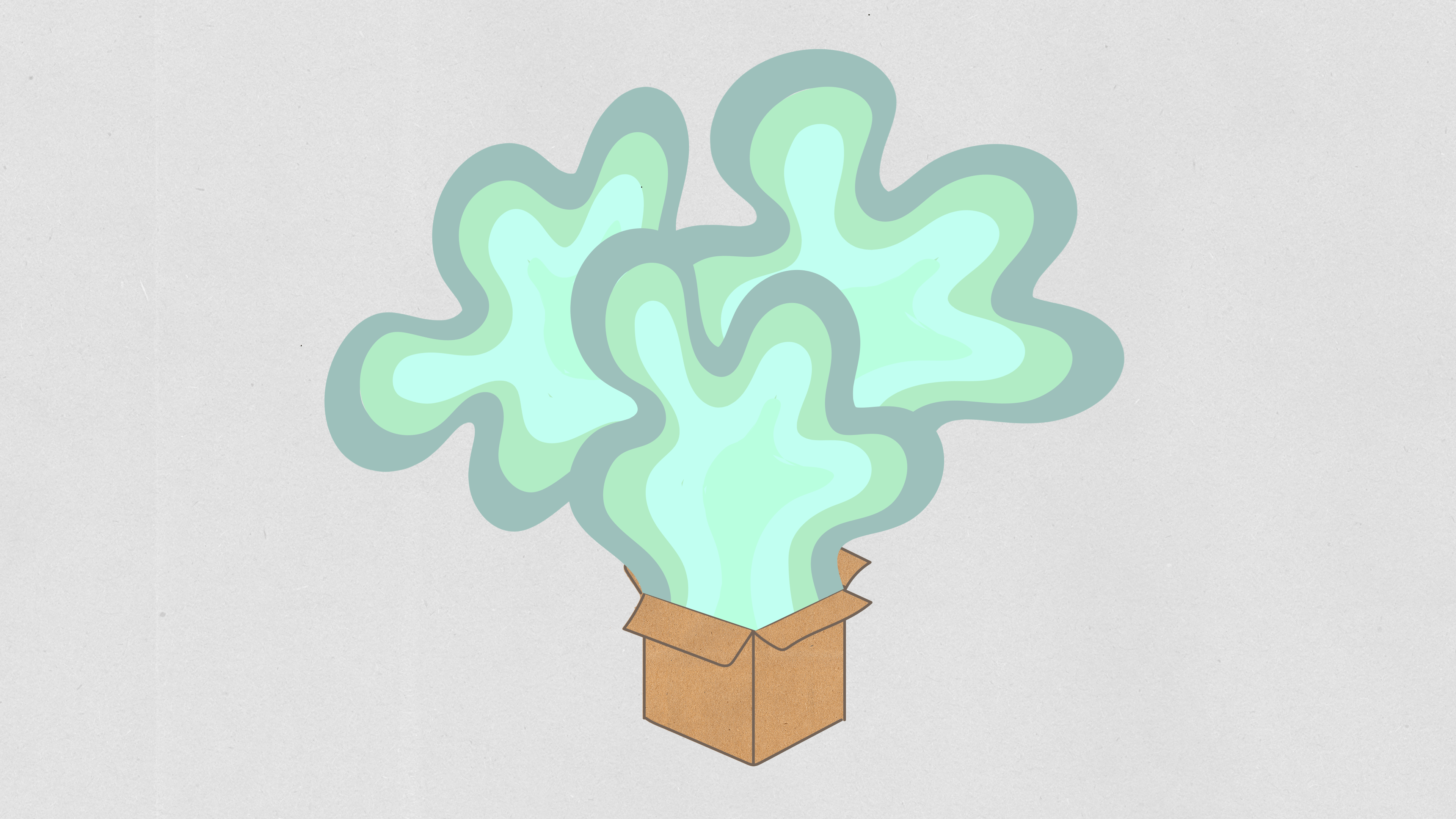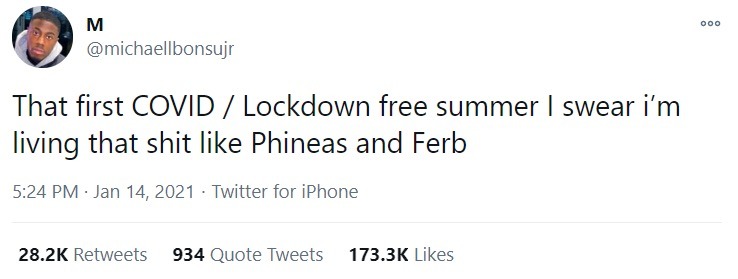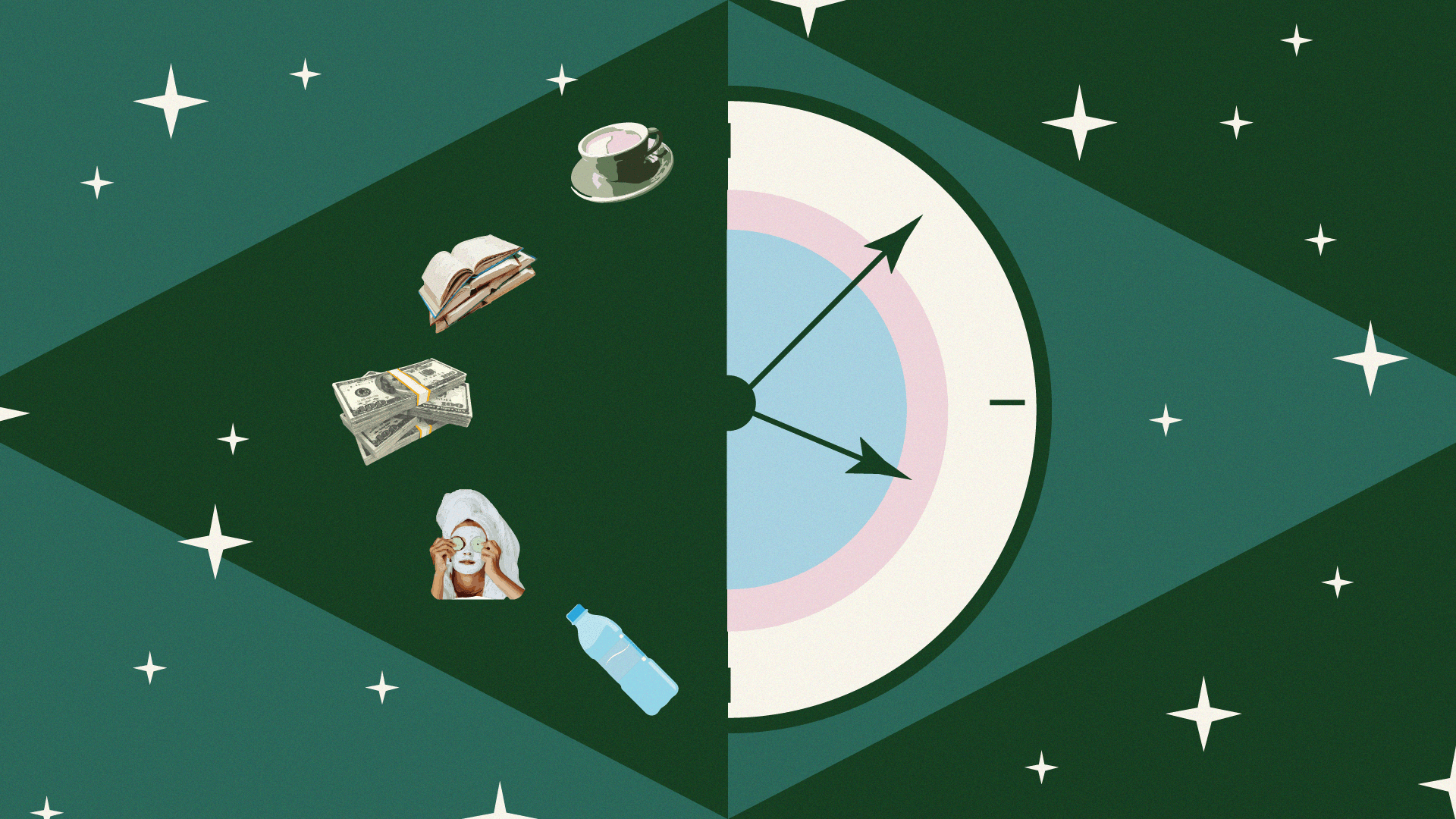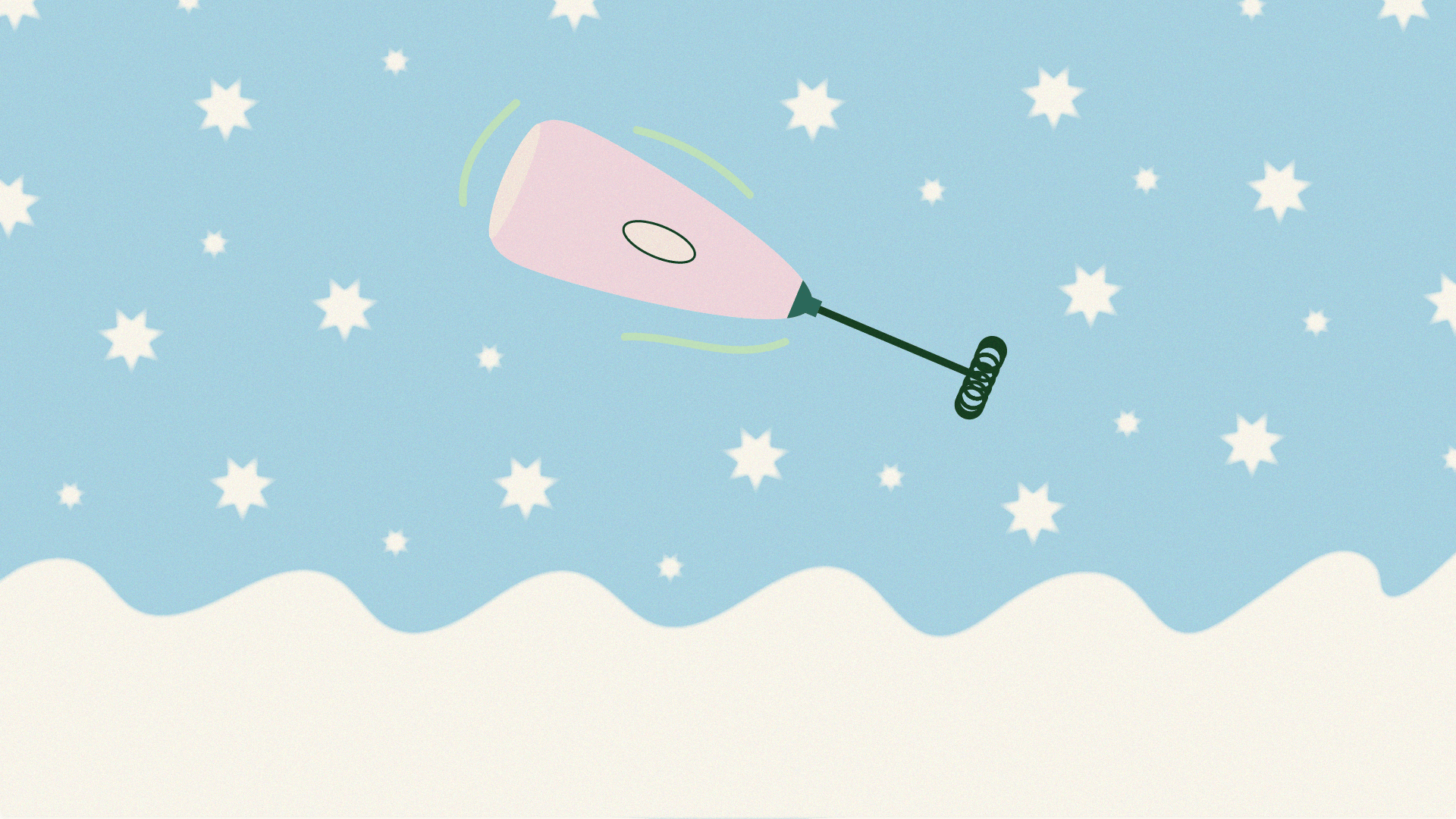
After the Pandemic I Will…Process My Trauma
Many fantasize about what life will look like when the pandemic is over. However, one writer talks about how post-pandemic life will not look exactly like we expect it to.
Throughout the past 10 months of the pandemic, everyone has used different coping mechanisms to deal with the upending of normal life, from stress baking to working excessively. But with our shared trauma, we also formed one shared coping mechanism: making unrealistic plans for the future.
This is something we’ve been seeing since March 2020, when most Americans thought this was going to be a quick two-week affair. It was common to see college students planning for the wild summer parties they’d throw to make up for lost time, and it was ordinary for parents to yearn for a separation of their family lives from their work lives. It only became more common as time went on. It’s become a coping mechanism for some of us to fantasize about and picture a life post-apocalypse, a life with some stability, certainty, and more socialization. But that life might not be immediately within reach for all of us, emotionally or mentally, even with the vaccine out.
With the general public potentially gaining access to the vaccine within a year, many are asking themselves and their peers: What’s the first thing you’re going to do when this is all over? You typically see the same answers to this question: “I’m going to book the first international flight I can find and travel my heart out” or “I’m going to go clubbing and make out with as many strangers as possible.”

Tweet by @michaellbonsujr.
But the transition between now and Post-Vaccine Life will be difficult, even if for the better. So many of us have developed severe social anxiety, phobias (such as coronaphobia and agoraphobia), insomnia, depression, and even post-traumatic stress disorder due to the pandemic. Existing mental health issues have relapsed or taken a turn for the worse. It might not be as easy as it used to be to simply get on a plane to a tropical island with a piña colada in your hand surrounded by hundreds of maskless strangers. We might need a recovery period in between.
Kelsey Hidalgo Mulgrew, a graduate student at Gallaudet University in Washington D.C., said living with her bipolar disorder has been more difficult during the pandemic.
“Recovery is harder because there’s less things to distract yourself from your own mind when you have to stay at home,” she said. Hidalgo Mulgrew explained that her symptoms of mania have also gotten worse over quarantine, attributing this to being indoors all the time and feeling less accomplished.
“It’s going to be hard to go back, even emotionally,” she said. “It’s almost like you know when you go to a different country and there’s culture shock — it’s going to be a culture shock.”
After being conditioned for a year to have some level of anxiety surrounding health when going outside the house, there could be some hesitation around social connection moving forward,” Akua K. Boateng, a Philadelphia-based psychotherapist, said.
“The social dynamics and framework of what we considered safe and okay has changed,” she said. “It may not be as comfortable, even if it’s permissible moving forward. It may also, even though it is permissible again, be met with anxiety and or potential loneliness if people do decide to forego those things.”
At her personal practice, Dr. Boateng said she has seen an increase in PTSD and anxiety, particularly. While these disorders might not be directly caused by the pandemic, they are definitely manifesting into people’s lives and being diagnosed more now. And this increased anxiety might still catch some people off guard post-vaccine.
University of Pennsylvania Associate Professor Sarah J. Jackson discussed this online, recounting, “One of my students today said planning for life after the vaccine is a form of speculative fiction and I’m still thinking about it…”

It’s unanimously agreed upon — this past year has been one of the worst for almost everyone — and experts say it probably will not be as easy to recover from this collective trauma and snap back to the Before Times as we’re making it out to be. Right now, nearly half a million Americans are dead — they are our family members, friends, co-workers, and neighbors, and it’s a grief we’ll carry long after the pandemic.
For Gen Z in particular (those born between 1997 and 2012 and are currently in their developmental stages), the transition to a Post-Vaccine life could be especially difficult. Boateng, who also teaches human development for PhD students at Eastern University in Pennsylvania, says this collective trauma will have lasting effects — including altering how Gen Z sees the world.
“We might just see a difference in how Gen Z seeks to connect in the future,” Boateng said.
This comes as many significant social milestones for younger people have taken place online — such as dating, classes and graduations, friendships, and even weddings. The shift in worldview also comes as this younger cohort of the population has faced multiple major world events, from the rise of technology and social media, 9/11, endless wars abroad, multiple recessions, the normalization of school shootings, the responsibility of a dying planet, a global pandemic, and political turmoil resulting in the first ever twice-impeached American president.
Another set of the population that might have a hard time bouncing back is working-class adults, parents, and their children. The “culture shock” of switching back to normalcy as if nothing happened this past year could be difficult for those who were denied care from our healthcare and labor systems, which so routinely push aside those who need them most. People who work in retail, dining services, healthcare, and low-wage jobs suffered severe financial hits. Boateng explained that there will be long-term life effects, both for parents and children, as a result of the trauma that is incited when basic human needs are not met
“Poverty, access to healthcare, and all of the things that our country is dealing with, directly impacts their potential for their future which is, I think, a greater impact on their mental health,” she said.
But this isn’t to say the collective grief and trauma we’ve worn through together is irrevocable.
“This is one of the hardest things that you’ve had to endure, and so having a sense of relief is warranted and okay,” Boateng said. “I wonder if there are ways that we can think about relief and hope aren’t dependent on an externalized reality.”
Whether that’s creating a getaway in your backyard rather than taking an island vacation or manifesting other changes in your life this year that were not available in 2020, it’s still possible to have optimism and relief, especially with the vaccine out. And while I, too, am guilty of daydreaming about going to a crowded bar with my friends post-vaccine, there is an importance in recognizing the possibility that we won’t be ready for that just yet.
This comes in the form of lowering those fantasy expectations, taking a step back, and allowing yourself to rest Post-Vaccine. Rather than challenge ourselves to make up for lost time, we should realize what we will have accomplished by surviving this grief and trauma — and take pride in it. Tangibly, this might look less like forcing yourself to go to jam-packed parties, even when it’s safe, and instead transitioning to “normal” in ways that are comfortable.
“Create flexibility around how we will pursue these changes, and still make a determination that we will pursue these changes,” Boateng said.


